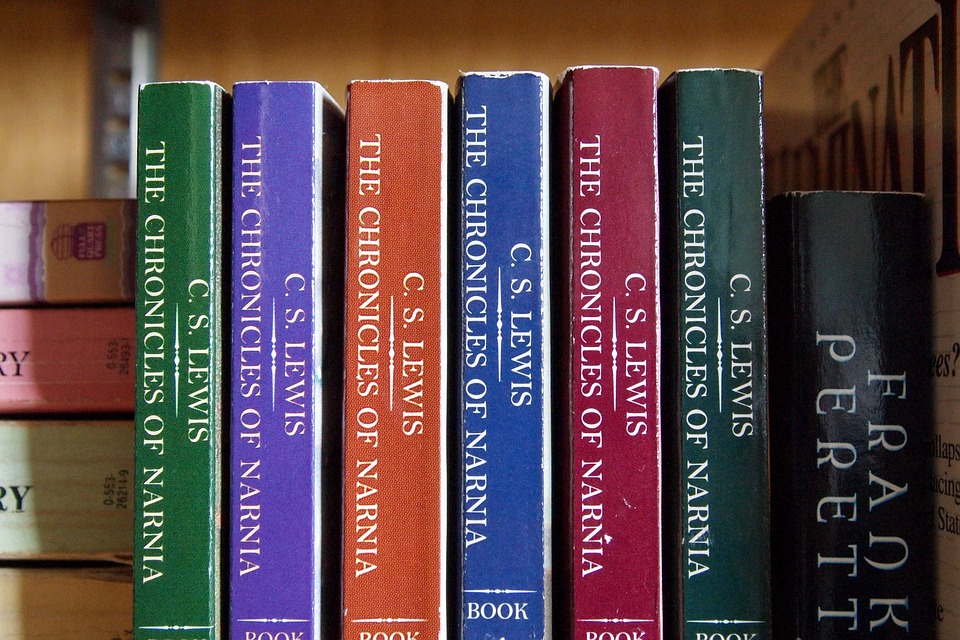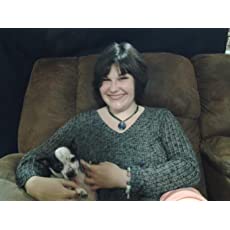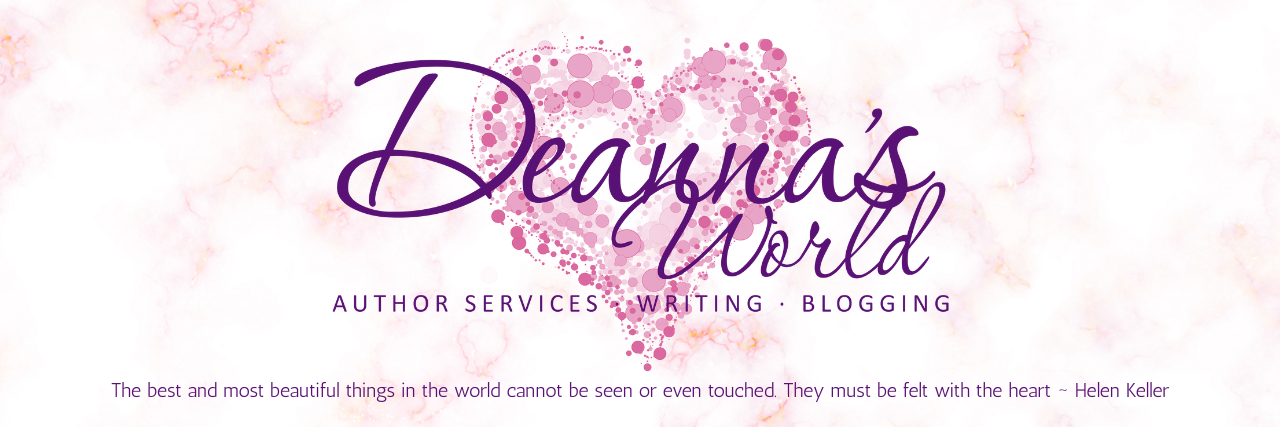
Pantser or plotter?
For the first two to ten years of writing, you generally know the distinct difference between the two and which one you are. It’s incredibly clear:
- A pantser writes everything from instinct—a character has said something, a particular phrase or mood has caught you, and you write from that, not entirely sure where you’re going, but driven to go there.
- A plotter has a more methodical approach. They know their characters, they generally know how they want the plot and story to lay, and after they’ve fit together the border of the puzzle, they begin to fill in the middle, completing the picture.
What happens after two to ten years you might ask? Publishing.

See, publishing has a way of blurring the lines. It’s the deadline. It’s the readers. It’s the publishers. It’s that book you scheduled for preorder on Amazon and you’re not finished editing it yet, and the date of no return is growing closer and closer and the sweat’s rolling down your forehead and the side of your face as you try to work harder and faster.
Ah, stress. The great equalizer.
It’s under that pressure, where our manuscripts turn from coal-potential into readable-diamonds, that we realize—maybe I’m not just a pantser/plotter after all. Instead, we’re backward plotters, sideways plotters, a devout plotter with the sudden urge to rip apart your series arc and start anew.
Brilliant. Artistic.
A freakin’ publishing nightmare.

Deanna, wrote a piece recently about the frustrations readers face with authors that don’t publish regularly. Or worse—serial series starters. You know the one—with six series out, no new books scheduled on any of them, but A BRAND NEW shiny series coming out this fall. Do you follow it? Do you stop reading their books altogether in protest? But if you don’t buy their books in protest, will they stop writing books all together? Gah! No, you can’t risk that! Don’t stop!
Therefore the question is placed—what’s up you flaky word jocks? Why are you treating us this way?
For this question, I decided to take off my irate reader’s hat and pull on my writer’s one. It smells kind of funky and needs a wash, but it’ll do for now.
Okay, so the reason writers can appear like flittering butterflies at a flower buffet, is a multi-faceted one. (What? You expected simplicity?)

First off, publishing. Or better yet—Amazon. A great and yet sometimes dirty word.
Amazon made the ability to be a self-published author easier than ever. (I know, you think this is going to me bashing indie authors over quality, but I’m not. Promise.) Once you become a self-published author, you’re no longer just a writer. You write, you edit, you promote, you format, you publish—you rip your hair out and go a little nuts. And there’s no one to control you—except money. (Damn those pesky bills!)
See, Amazon generally has a thirty day cliff. Your book is new and gaining traction for a bit…and then it falls a little bit downhill. It’s old by Amazon standards—they want fresh, new. Something their readers haven’t seen before, something that they’ll have a better chance of buying. To be fair, this isn’t just an Amazon thing, but since they’re often the go-to supplier, they’re also the most well-known for this.
So, what does this mean? WRITE FASTER! That’s the take away. From any writer with a mouth to feed and an interest in luxuries such as water and shelter, they want—no, make that need—money. If writing faster will give them a better chance at getting at some cash, they’ll pound those keys until steaming brain goop starts dripping out of their ears and nose, and the formation of complete sentences with the unseemly demand that they be spoken aloud seems a ridiculous and impossible exercise: Look, you heard me grunt, you know what I want. No, not that one. The other one—the, dammit, the one with the bendy thing and the thing. The thing! What don’t you understand?

That’s right—this is the person that is creating your series. Writers aren’t robots. (Well, I mean, some are super close to it and are completely high-functioning, but damn, don’t judge us all on the sophonts among us, some of us our mere humans.) We mere mortals require time. We need to look up from our computers every now and then and remember what the outside feels like.
But independent authors? They have hellacious timelines that are completely ridiculous and mostly self-imposed, but nonetheless, they’re there. And often? We don’t want to rush the good stuff. So we think, “Let’s start something new, something that’s pulling at our attention that we won’t ruin by going faster than we feel comfortable with. Something that won’t spoil in our attempts at a living wage while staying true to our creative soul. Only now, we kind of like this one. We should give it more time. Maybe we’d better start in on that other thing—we could knock that out in a jiffy and use the extra time for our other two. But damn it! That third one is new and exciting—it has promise. I can’t squander the promise by writing it too fast. Fine. We’ll start a fourth series.”
Why are they all a series? A couple of reasons: one, a series sells better. Book one of a series is like a gateway drug—we can cheapen it, pass it around, and a few people are going to be hooked and want to buy more—meaning we can focus all of our promoting and review requests on one book, growing it to become more impressive all the time. Two, we don’t want to end it. We had some pretty good character development, but not a whole lot of time to play with it, but if it’s a series, we can continue on and build its depth with each book.
Back to the whole “money makes us undisciplined spawns of evil” thing.
With self-publishing, there is no publishing gatekeeper making demands. There is no very slow, and yet somewhat instant rejection. No asking us to write up our “plan” before they buy it. The gatekeepers for indie authors are readers. And while sometimes they are clear, sometimes they’re not—after all, every book gets good and bad reviews. Maybe they don’t like your book because the writing is bad. Maybe the editing quality is not up to standard. Maybe the cover’s not to your market. Maybe you’re not marketing it right, period.
There’s a lot of trial and error and learning curves as you build your authorhood—not your voice, but your author standard: how you conduct yourself, what you want besides people to read your book and love it, what your dream for the future is and how you plan to get it.
Which leaves us with the question—you’ve done all of this work, you’re finally comfortable, but the time has come—how in the hell do you end a series?

It’s a new skill. A new learning curve. It’s something that needs to be done and yet could tank your whole career. Have you ever only read ONE series by a certain author, ’cause you didn’t think the other series would live up? Or you worried they’d try to finish off your GOOD series and work more on that unknown, probably icky one? And this is your strong stand of “bitch better write my books”? I have. My mom has. Sorry, Rhys Bowen, but she expects you to keep writing Molly Murphy for as long as you can wield a pen.
And that’s the point. There’s no guarantee that your loyal readers will follow you over to the other series. No guarantees are scary, especially when your financial stability is resting on a maybe. There’s no safety net as a self-published author—or even as a traditional one. If you lose your readership, you lose your livelihood. How do you end a dream in a way that people won’t be angry? Don’t look at me, I haven’t ended a series, and I’m not too thrilled as a reader when one ends. I have issues that are waiting for a whole journey of self-discovery, I’m sure.

But traditionally published authors don’t have to worry about this, right? After all, they have the publishing gatekeeper, the agent, they have to write up a plan before they sign the contract. Surely, they don’t have any problems when it comes to a series. *Cue laughter*
So, as a traditionally published author you have to sign a blood oath and promise your firstborn in a Little Mermaid Ursula-esque contract. Okay, not really. They give you a monetary advance on what they believe your book is worth and then you bend over backwards to avoid having to give it back. Same difference.
Again, with traditional publishing you don’t have to do all the work yourself, but you also don’t have an extreme amount of control—they do the cover, you have to work well with your editor, and they do some of the promoting for you. You don’t have to do everything, but also you don’t have a whole lot of control over everything.
But that money? It helps keep you in line. You want to make that deadline. And generally, you don’t have to deliver a novel-sized story in thirty days or less. You can take a few months to write and then deliver it for edits. I mean, I don’t know about George R. R. Martin, but the days of taking a year to a decade to write a novel are kind of in the past, even for traditional authors. *Sighs wistfully.*
Remember how I said you lack control on your work when you publish it traditionally? Well, if your expenses are outweighing your earnings, then they have to make a business decision—and sometimes that means to stop the series. Which sucks. But you can still self-publish it, right? Umm…so about that contract… Generally, they probably will still own the series, even if they don’t want to publish it anymore. And sometimes the characters. And sometimes a majority of the rights. You can probably buy them out, but that requires you to have money—but surprise, surprise, that ten grand upfront, when stretched out over a year? It doesn’t leave a lot of breathing room, for things like savings. And that ten grand is an incredibly generous estimation and doesn’t include tax. But the contract should run out in…five years? Ten years? Twenty? It becomes a waiting game.
Oh, authordom—thou art a weird and perverse business.

Basically these are just a few things to consider before you strap an errant series-starting author atop the stake of that fire teepee and demand they confess their sins before their just comeuppance. They can’t help it. They’re not really evil. Money and marketable popularity made them do it. They’re just mere humans that committed a few somewhat heinous crimes. But they can be reformed, really, by the one thing the market doesn’t believe in—time.
So here is a checklist, a mantra if you will, a deep breathing exercise for when you’re scrolling through the upcoming releases and you find your author cheating on your series with some new flirt:
- My author is still learning and mistakes will be made. (I know they’ve been writing for ten years, but they’re still learning. We authors take a while.)
- My author is human and burnout is real. (The instant gratification that has seeped into the publishing industry isn’t natural, but it isn’t going away either. Which means authors have to create their own factory process—and it’s not fool proof. Editors quit, cover artists die, proofreaders have family emergencies, platforms update policies and introduce weird, new algorithms—basically, shit happens.)
- My author is a good writer. Maybe, I’ll consider, possibly, trying that other series. No promises, but I’ll give my author a chance. (I know it’s hard. Sometimes the premise is wonky. Sometimes the cover is kind of bland. It’s basically the weird vegetable of the literary world. But try it. It could be good for you!)
My poor, fellow readers, this is a burden we sometimes face, but it’s the price you pay for raising an author. You buy their books, you leave them reviews, you go to their signings—but they have to make their own mistakes. Learn and grow. And that’s okay. It’s the natural way of things. They get into weird genres. They try new phrases. On occasion they even write an accent… You can love them through this.
Be the reader they need.
I mean, I’m sure as hell not. But you could be.
They better keep writing my books.
Find out more about Echo.


Echo Shea: Website - Facebook - Twitter - Goodreads - Amazon
Find Deanna around SOCIAL MEDIA:

No comments:
Post a Comment